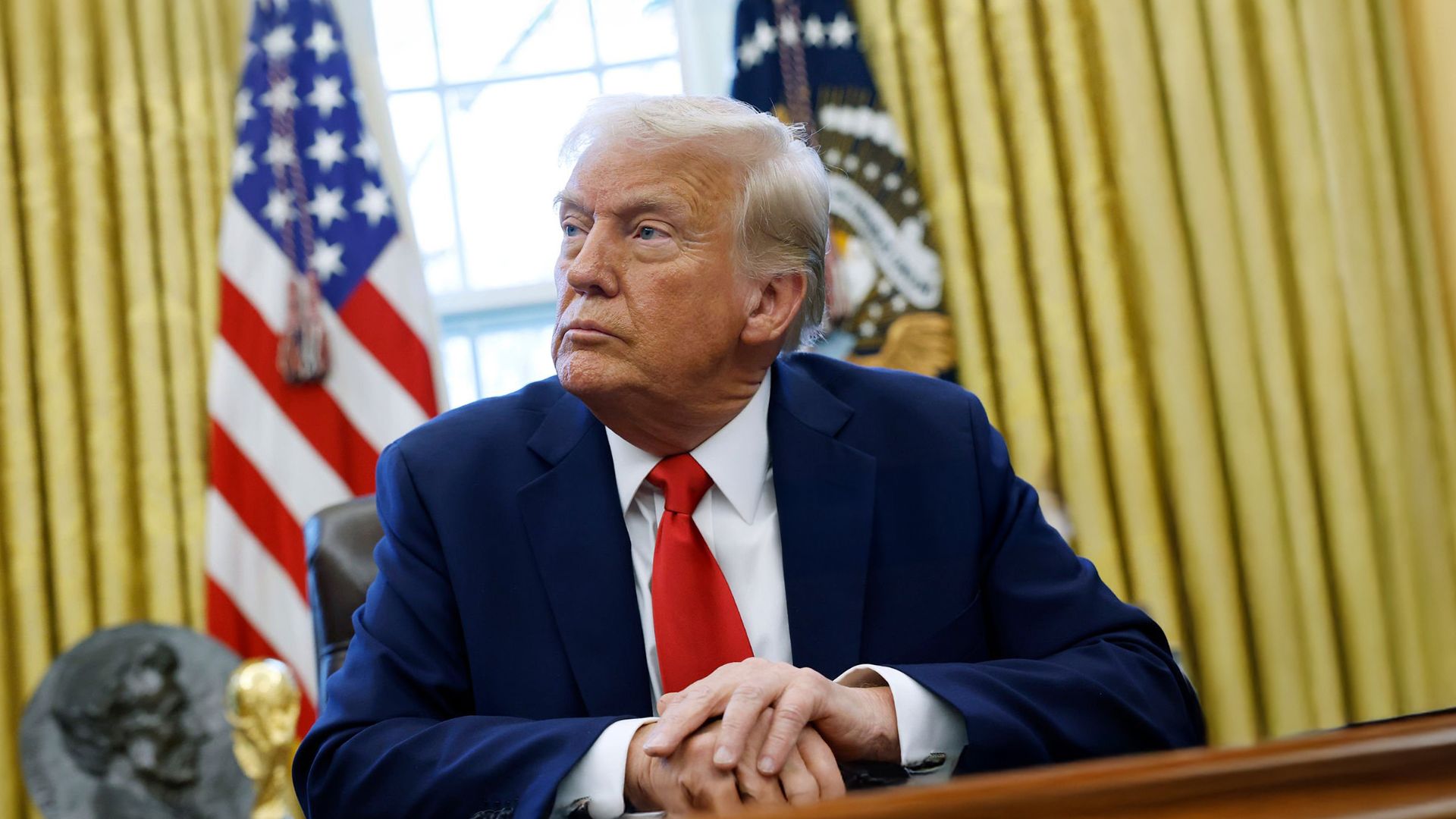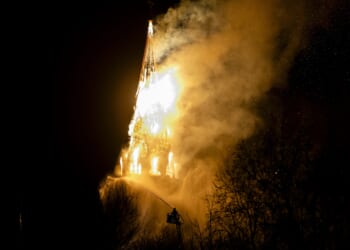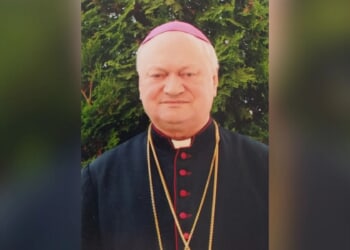
President Donald Trump’s son-in-law Jared Kushner and U.S. special envoy to the Middle East Steve Witkoff offered new details Sunday on the administration’s multi-phase plan to disarm Hamas and establish stable leadership in Gaza following months of conflict.
Speaking on CBS’s “60 Minutes,” Kushner and Witkoff explained how they developed the 20-point peace framework and outlined their next steps ahead of a scheduled trip to Israel on Monday.
The pair are key architects behind the Trump-led Israel-Hamas peace initiative, which aims to end Hamas’ military influence and rebuild the devastated region.
To reassure Hamas, President Trump gave Jared Kushner and Steve Witkoff permission to talk directly with the terrorists — a big break with diplomatic protocol. https://t.co/Q7MLMR28Ea pic.twitter.com/n899rNO6Tr
— 60 Minutes (@60Minutes) October 19, 2025
Kushner warned that the situation remains fragile and that Hamas could attempt to “try to reconstitute and take back their positions” amid the ongoing power vacuum.
“The success or failure of this will be if Israel and this international mechanism is able to create a viable alternative. If they are successful, Hamas will fail, and Gaza will not be a threat to Israel in the future,” Kushner said.
This Could Be the Most Important Video Gun Owners Watch All Year
In recent days, Israel reported that Hamas militants fired on Israeli troops in Rafah, violating the cease-fire agreement.
The terror group has also carried out public executions of Palestinians accused of cooperating with Israel, heightening tensions across Gaza.
Hamas leaders have refused to agree to disarmament, posing a major challenge to the peace plan’s implementation.
To counter Hamas’ influence, Witkoff said the Trump administration is organizing a “weapons buy-back program” designed to incentivize militants to surrender their arms.
The goal, he said, is to prevent Hamas from regaining control of the Palestinian enclave and to create conditions for a transitional government.
Kushner added that efforts are underway to establish an interim governing body that would report directly to the Trump-chaired “Board of Peace,” a new international oversight committee that has yet to be formally created.
The board is expected to include “qualified Palestinians and international experts,” according to the plan.
When asked about Gaza’s long-term political future, Kushner said it remains “too early to tell” whether a democratic system could emerge, emphasizing that the immediate goal is to “make it functional” during the rebuilding phase.
He added that transparency will be central to the administration’s reconstruction strategy.
“You can’t replace a corrupt government with another corrupt government,” Kushner said.
“The reason why — again, and this is an impossible thing to do, but Steve and I and President Trump are always aiming to try and accomplish impossible but rational things. So the goal here is to set up a transparent, good government. This can be very, very difficult to do, but we’re in the very early phases of trying to accomplish that.”
Witkoff estimated the cost of rebuilding Gaza could exceed $50 billion, noting that financial backing is expected from Middle Eastern and European governments.
“You’ll see European participation and so forth. I think the beginning of this plan is how to get it going. And that’s what me and Jared work on all the time. The money raising, we think, is the easy part. We think that happens relatively quickly. But it’s the master plan, and we’re working with a group of people who have been working on master plans for the last two years,” Witkoff said.
Elements of the peace deal are already being implemented, including the recovery of Israeli hostages and the return of the remains of victims.
However, recent violence by Hamas has raised concerns about the durability of the cease-fire. Israel temporarily halted humanitarian aid deliveries Sunday and conducted airstrikes in response to Hamas attacks that killed several IDF soldiers over the weekend.
The Israeli military later stated that aid deliveries would resume Monday.
The U.S. State Department also issued a warning that Hamas was planning an attack “against Palestinian civilians.”
President Trump pledged “to go in and kill” members of the terrorist organization if any civilian lives were taken.
Asked whether American troops might be deployed to disarm Hamas, Witkoff called it “highly unlikely.”
Kushner followed by saying a firm “no,” clarifying that military intervention “was not the intent.”
Officials said the administration will take “appropriate measures” to safeguard civilians and maintain the cease-fire should new attacks occur.

![Trump Secures Historic Israel-Hamas Peace Deal After Months of Talks [WATCH]](https://www.right2024.com/wp-content/uploads/2025/10/Trump-Secures-Historic-Israel-Hamas-Peace-Deal-After-Months-of-Talks-750x375.jpg)









![Florida Officer Shot Twice in the Face During Service Call; Suspect Killed [WATCH]](https://www.right2024.com/wp-content/uploads/2025/12/Inmate-Escapes-Atlanta-Hospital-After-Suicide-Attempt-Steals-SUV-Handgun-350x250.jpg)





